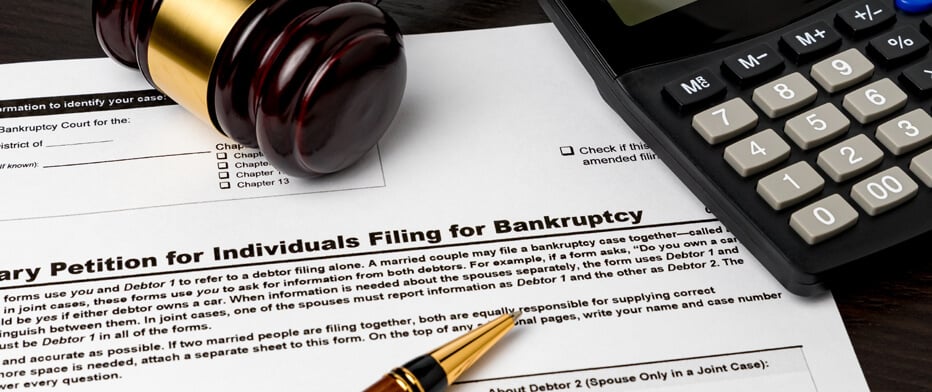4 Ways You Could Lose Your Bankruptcy Discharge


Key Takeaways
- Bankruptcy provides relief through the discharge of debts under the court’s supervision.
- To qualify for a discharge, you must follow all the laws and rules, attend mandatory meetings, file required documents by the deadlines, submit papers to the trustee, and take mandatory educational courses.
- Judges discharge debts at the end of the proceedings. Chapter 7 generally takes about six months, where Chapter 13 typically lasts for five years.
- Losing your discharge will leave you owing creditors the total amount and losing court protection through the automatic stay.
Congress created bankruptcy to give consumers a fresh start when events occur that result in lower wages or higher bills, creating a long-term financial hardship.
When you find yourself in these circumstances, you can petition the court for protection and relief. Protection comes through the automatic stay that halts collections, court action, and the enforcement of existing judgments.
Relief comes in the form of a discharge of qualified debts after you meet the bankruptcy court rules. Under Chapter 7, you can have debts discharged without any repayment required, provided you qualify and do not have assets the trustee can sell to pay creditors. Chapter 13 requires you to repay creditors 100% f disposable income for three or five years before receiving a discharge.
At any point between filing and discharge, you could have the case dismissed if you do not follow the rules with exactness.
Below are four reasons you could lose your bankruptcy discharge:
- Failing to be honest: Both Chapters 7 and 13 require you to disclose income, assets, and debts. An inaccurate account could be viewed as hiding income or assets and lead to fraud charges. If the trustee uncovers fraud, they still have the right to sell non-exempt assets without discharging debts.
Under bankruptcy law, fraud includes actions intended to delay, hinder, or defraud creditors. Acts can include transferring property prior to filing, failing to disclose all assets and income, or taking steps to hide assets or income.
In the case of bankruptcy fraud, it could not only cost you the discharge, but you could become subject to further investigation and criminal charges.
- Concealing or falsifying information: Bankruptcy schedules require you to document financial matters. You must also have supporting documents that verify the information provided. Giving false information or destroying documents that prove your financial status (or the presence of certain assets) could lead to losing your discharge.
Trustees Deal with bankruptcy cases every day and know how to identify and locate assets that could be used to repay creditors. Whether you file yourself or with an attorney, it is essential to disclose all property, income, property transfers, and other financial decisions, along with supporting documentation.
- Not completing the education courses: All bankruptcy petitions require you to take two educational courses before discharge.
Before filing a petition, you must complete a credit counseling course. Then before the discharge, you must pass a debt management course. After successful completion, the agency will provide a certificate of completion. You must promptly submit the certificates for both classes to receive a discharge.
- Not complying with court orders: The trustee could request additional information, need supporting documents, or have other requests. Failing to provide the requested information by the deadline could lose your discharge.
Bankruptcy will not discharge all debts. However, you can receive debt relief from most unsecured debts through bankruptcy. You must be honest and accurately disclose your financial condition, take the mandatory education courses, and comply with all court orders to receive a discharge.
FAQ

REPRESENTATIVE EXAMPLE OF APR
If you borrow $30,000 over a term of 5 years (60 months) with an APR of 4.99% you will pay $566.00 each month. The total amount payable will be $33,959.97, with total interest of $3,959.97.
ANNUAL PERCENTAGE RATE (APR)
Annual Percentage Rate (APR) represents the annualized interest rate you are charged for borrowing. It is the combination of the nominal interest rate and some additional costs such as fees involved when incurring debt. Our lender offers APRs for personal loans, cash advance loans, installment loans and debt consolidation loans from 4.99% to 35.99%. Since New Start Capital does not directly issue loans, we cannot deliver any specifics or guarantee the APR you will be offered. The APR depends solely on your lender’s decision, based on various factors including your credit score, credit history, income, and some other information you supply in your request. For more information regarding the APR contact your lender.